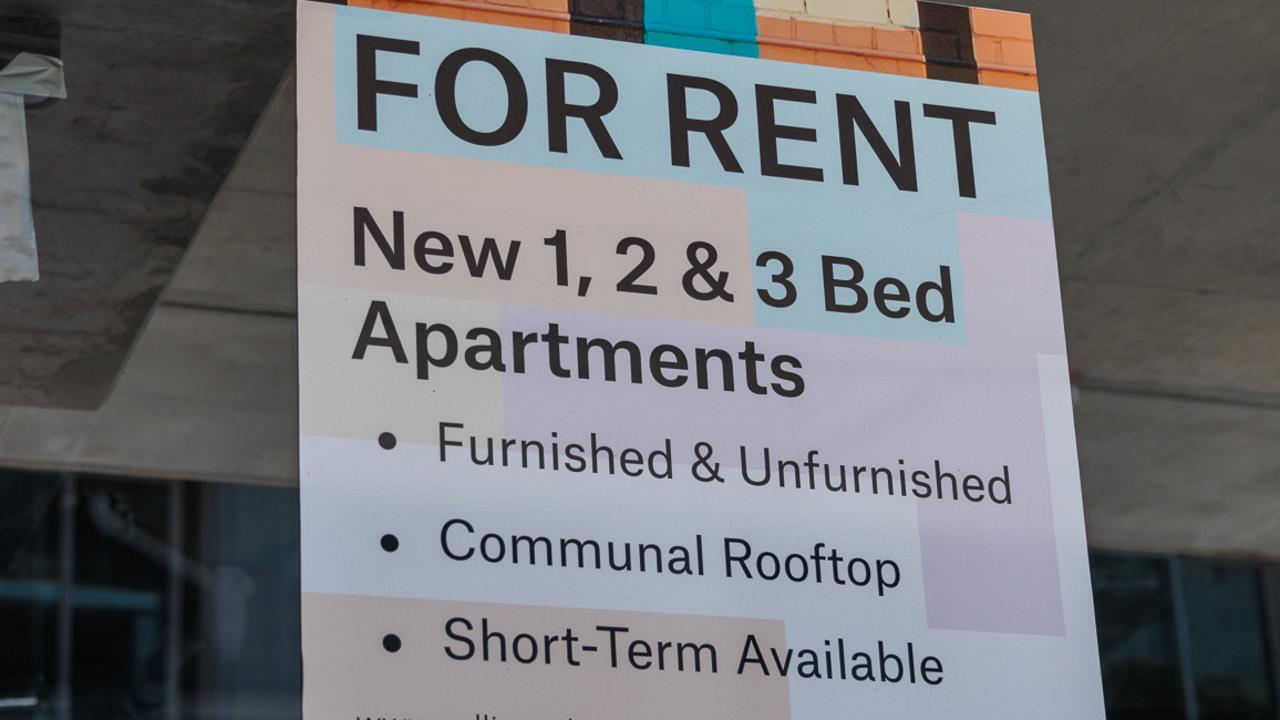Would you tell everyone how much you earn?
IT’S one of those questions you should never ask, but one writer has done just that, documenting her earnings for the world to see. And it all feels surprisingly pervy.

Careers
Don't miss out on the headlines from Careers. Followed categories will be added to My News.
MOST of us keep mum when it comes to sharing how much we earn, abiding by longstanding societal etiquette that suggests it’s about as impolite as discussing sex or religion at the dinner table.
Until now, finding out what someone else earns has generally been limited to peeking at a stray bank statement, listening to high earners brag about their hefty pay packet or those on the minimum wage lament their income.
But in the latest example of the digital world giving us an unprecedented glimpse into other people’s lives, earnings are now on the list of things people are willing to share publicly.
US website Billfold profiles people from different industries talking about how they “do money”, while freelance writer Nicole Dieker is taking financial openness a step further, digitally documenting her monthly earnings for the world to see.
This Week in Freelancing: Time Tracking - Money earned this week: $1,592.00: http://t.co/UGKIlxqud9
— Nicole (@HelloTheFuture) March 14, 2015This Week in Freelancing: Figuring Out the Self-promotion Thing - Money earned this week: $1,526 http://t.co/iNNKEoeH4V
— Nicole (@HelloTheFuture) March 7, 2015“I wanted to be transparent about the amount of work I was putting into my career and the amount of money I was earning,” she told news.com.au.
Dieker, 33, says it’s a win-win situation — readers like perving on what it takes a for freelance writer to cash in up to $6000 a month, while on a personal level, it keeps her motivated.
“Every week I want to make sure that number looks really good to all my Tumbler followers so I work to complete as much work as I can,” she says.
“It’s the best anti-procrastination tool in my toolbox!”
Dr Lauren Rosewarne, a University of Melbourne social researcher, is not surprised that people like Dieker are getting attention for sharing their income.
“There’s this sort of perverse interest in knowing what people earn and then making judgments about their lifestyle as well,” she says.
“It’s something that can only be done in the world of social media — someone making their earnings public 15 or 20 years ago wouldn’t have got an audience.”
Dieker doesn’t break down what individual clients pay, which is a smart idea according to Rachel Smith, founder of Rachel’s List, a media recruitment and connections website that surveys freelance writers annually to find out how much they earn.
“Being that transparent could limit her ability to negotiate higher rates with new or existing clients,” she points out.

Jess Bailey, founder of Debt to 10k, is another example of a gen Y willing to air her financial laundry.
“When I was 22, I came back from three months in Europe $10,000 in debt,” says Bailey, now 24.
“I paid back the equivalent of that $10,000 in just under a year, which at the time was a third of my net income. I’m honest about what my situation was and how I got out of it because I felt people need that reassurance that this person knows what she is talking about.”
Bailey, who says she’s pocketing about $350 a week as she builds her brand new business, applauds Diecker’s accountability to her financial goals.
“It’s a fantastic way to set some goals and stick to them,” she says.
“We share our goals for a promotion, weight loss or even wanting a new pet cat with family and friends all the time, so why not share goals about finances as well? The more open you are, the more feedback you get as well, which enables you to make better choices.”
At any rate, accountability forms one of the key cornerstones of a financial plan.
“One of the most significant benefits of getting a plan is having something in writing that is documented and having a trusted third party to hold you accountable,” Mark Rantall, chief executive officer of the Financial Planning Association, told news.com.au.
But Rantall says most people would find being so public about such information intimidating.
“If you weren’t performing, you could be demoralised and end up in a negative spiral,” he says.
“Plus, once anything is on social media, it’s there for life, so you need to think about how you are going to feel about that in the future.”
Originally published as Would you tell everyone how much you earn?



